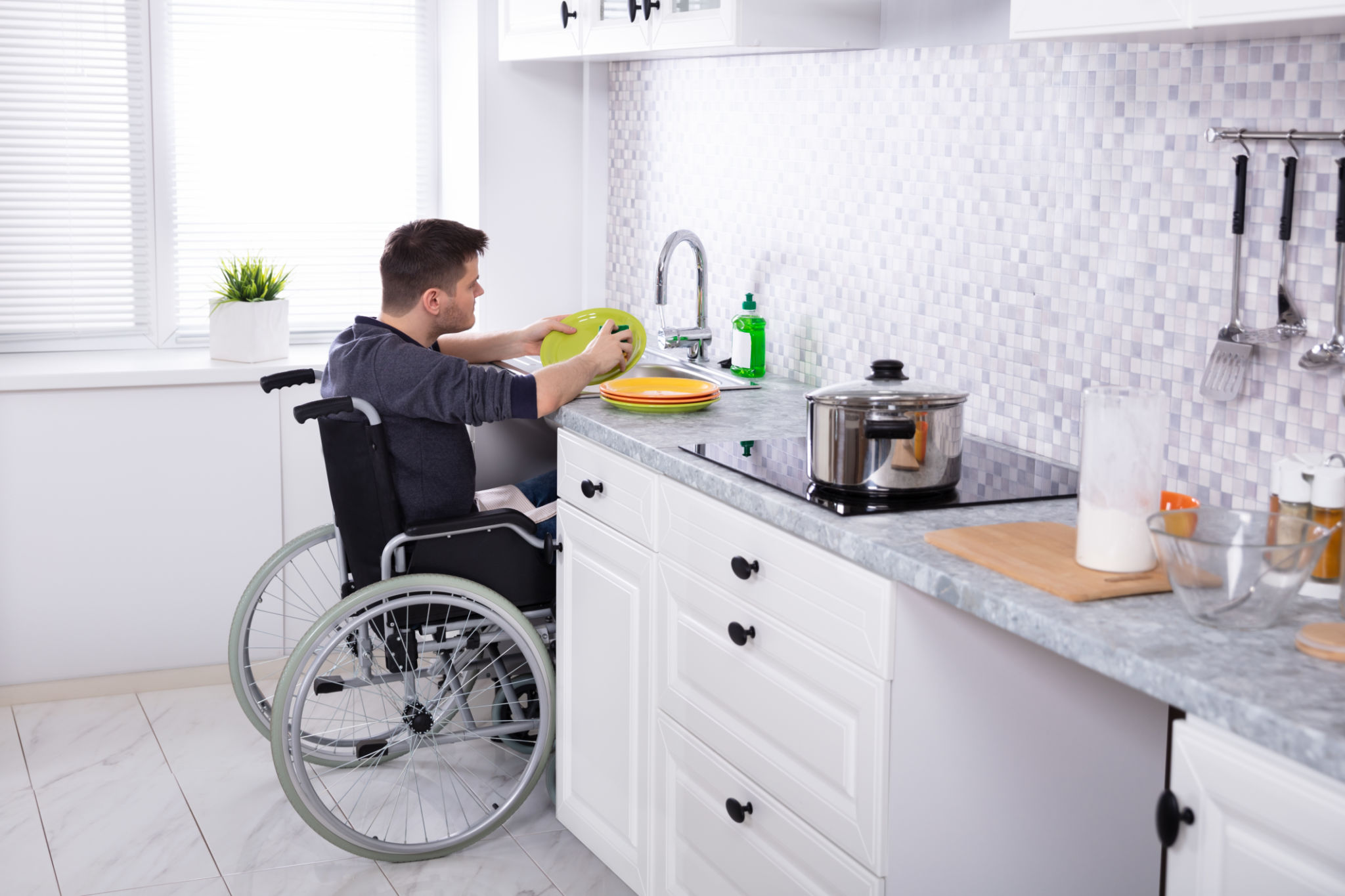Understanding Specialist Disability Accommodation: A Comprehensive Guide
What is Specialist Disability Accommodation?
Specialist Disability Accommodation (SDA) refers to housing designed specifically for people with extreme functional impairment or very high support needs. It is a crucial component of the National Disability Insurance Scheme (NDIS) in Australia, aimed at providing suitable living arrangements that enable individuals to receive the support they need while living independently.

The Importance of SDA
SDA plays a vital role in ensuring that people with disabilities have access to appropriate housing that supports their unique needs. It provides more than just a place to live; SDA offers a foundation for individuals to thrive, enhancing their quality of life and enabling them to engage more fully with their communities. By addressing the specific requirements of residents, SDA helps reduce the barriers to independence and participation.
Types of SDA
There are several types of SDA, each designed to cater to different needs and preferences. These include:
- Improved Liveability: Housing for individuals with sensory, intellectual, or cognitive impairments.
- Fully Accessible: Accommodation with features like wide doorways and accessible bathrooms for those with significant physical disabilities.
- Robust: Housing designed for individuals who require a high level of physical security and durability.
- High Physical Support: Accommodation with additional supports such as ceiling hoists and assistive technology for those with very high support needs.

Eligibility for SDA
Not everyone with a disability qualifies for SDA. Eligibility is determined based on an individual's level of functional impairment and their need for specialized housing solutions. The National Disability Insurance Agency (NDIA) assesses each application, considering factors such as the necessity for specialized design features and the ability of the accommodation to meet the person's support needs effectively.
Funding and Costs
SDA funding is provided by the NDIS, covering the cost of the accommodation but not including personal care or support services. Participants are expected to contribute to their living costs, such as rent and utilities, similar to standard private rental agreements. The amount funded by the NDIS varies depending on factors like location, type of accommodation, and individual requirements.

Benefits of SDA Living
Living in SDA offers numerous benefits. It allows individuals to reside in environments tailored to their specific needs, promoting greater independence and comfort. Additionally, SDA often provides opportunities for social interaction and community engagement, which are essential components of a fulfilling life. By living in a supportive environment, residents can focus on personal growth and improving their overall well-being.
Challenges and Considerations
While SDA offers significant advantages, there are challenges and considerations to be aware of. The availability of SDA can be limited, particularly in certain regions, which may lead to waiting periods for suitable accommodation. Furthermore, choosing the right type of SDA requires careful consideration of an individual's current and future needs to ensure long-term suitability.
Finding the Right SDA Provider
Selecting a reliable SDA provider is crucial for ensuring high-quality accommodation. It is important to research and compare providers based on factors such as experience, reputation, location offerings, and the range of services provided. Engaging with other SDA participants and seeking recommendations can also be valuable in making an informed decision.
In conclusion, Specialist Disability Accommodation is a vital resource for individuals with significant disabilities seeking to live independently while receiving necessary support. Understanding the types of SDA available, eligibility criteria, and potential benefits can empower individuals and their families to make informed choices that enhance their quality of life.